CBS loses 250 international students – but gains 300 from Denmark

In August 2019, CBS will have fewer international students than usual. Two hundred and fifty to be exact. (Photo: Lucas Liang)
CBS will lose 250 international students in 2019 as a result of the Danish government’s demand on cutting 1,000 – 1,200 international study placements. On the other hand, CBS gets to increase the intake of Danish students by 300. CBS has asked the Ministry for Higher Education and Science for the international study placements to be reinstated if CBS can prove that the international graduates stay in Denmark.
In August 2019, CBS will have fewer international students than usual. Two hundred and fifty to be exact.
This is the direct consequence of the Danish government’s demand to cut 1,000 – 1,200 international study placements at Danish universities. And CBS was at the forefront.
But since Denmark’s universities cannot discriminate according to nationality when it comes to accepting students from the EU/EØS countries, the number is not just 250. In fact, CBS was about to lose 400 students in total, but by, for example, increasing the intake on other programs, especially the ones taught in Danish, and changing the criterion of selection, CBS has managed to offer an additional 300 placements to Danish students.
This means that CBS’ total number of students will decrease by a maximum of 100 for the next academic year.
“It’s not been an easy task to make the reduction, but I think we have found the solution that hurts the least. We would like not to have had this reduction, but we fully understand that offering taxpayer-funded education to international students who leave shortly after graduation is not good, and we are of course solving that issue,” says Wilbert van der Meer, the Director of the Dean’s Office at CBS.
The demand by the government has come as a means of solving the problem of only one in three international students staying in Denmark after graduation. Furthermore, Danish universities have been asked to take action and come up with initiatives to retain international graduates.
At CBS, the Dean of Education, Gregor Halff has established a new position to increase the focus on retaining CBS’ international graduates, and CBS Careers has been running Job Search Academy events specifically for international students.
Wilbert van der Meer hopes that the Ministry for Higher Education and Science will consider increasing the level of international study placements when CBS can prove that it has solved its part of the problem.
“If we can prove that we’re solving the problem, it would be strange if the ministry didn’t allow us to raise the number of study placements again. We’ve tried to make the ministry agree to this promise. But as they haven’t made any political agreements beyond 2019, we haven’t got an answer to that,” he says.
CBS will not close programs or change language
In the early autumn, the Ministry for Higher Education and Science asked CBS to come up with a solution to implement the reduction, and there were several approaches.
CBS could choose to cut study placements on the bachelors and master’s programs, close entire programs, or make programs Danish-only as a way of reducing the number of international applicants.
Wilbert van der Meer explains that if CBS chose to cut study placements on its international bachelor programs it would require even higher grade point averages from the students to get in. Already, CBS’ bachelor degrees are among the programs with the highest grade point averages in Denmark, so CBS was not interested in that solution. And changing the language of programs from English to Danish was out of the question.
“It’s important that students are taught in English, so that they have the skills to get on in a global world and work for international companies. Also, we decided not to close individual programs, as they are almost all as bad as each other in retaining international graduates. So we decided to divide the cut between all of the international master’s programs based on the number of international students they have,” he says.
In future, Danish and international students – without ‘retskrav’ – will have a harder time getting accepted at CBS. However, there might be an easier way for international students to be accepted, explains Wilbert van der Meer.
We’ve been hit by this reduction because we aren’t good enough at retaining international graduates
Wilbert van der Meer
“When students apply for the bachelor programs via quota 2, work experience or a period at a Danish ‘folkeskole’ counts as well. So if international students have some sort of connection to Denmark, either by working at a Danish company or having knowledge of the language or culture, it’s a plus when we’re deciding who to admit,” he says and underlines that it is not part of the entry requirement.
But why is it important that international students have knowledge of the Danish culture or language before doing a master’s degree at CBS?
“We’ve been hit by this reduction because we aren’t good enough at retaining international graduates, and we know that if international students have learned Danish or have a job in Denmark, the chances of staying are higher. That’s why it’s important,” he says.
The reduction of international study placements means that CBS will become a younger university with more bachelor students, and a university with fewer internationals. But it won’t change CBS’ brand as an international business school, argues Wilbert van der Meer.
“It’s obvious that international students are a crucial part of CBS’ profile and brand, but we are not becoming a different university because of the reduction. Our fundamental principle is that we want to admit the best, regardless of nationality. But we have an obligation to the Danish society on solving this issue, of course,” he says.



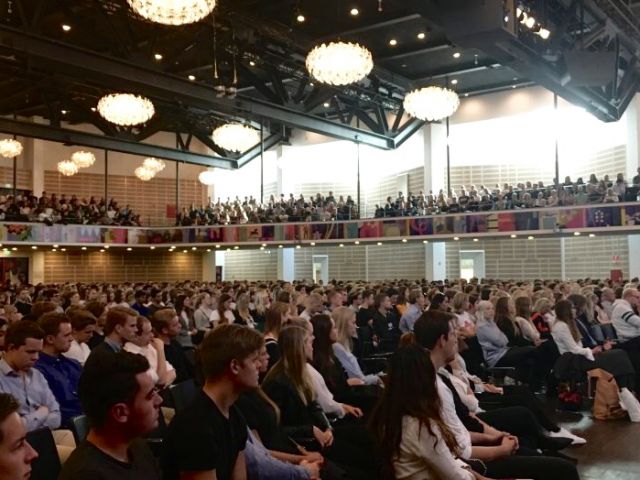
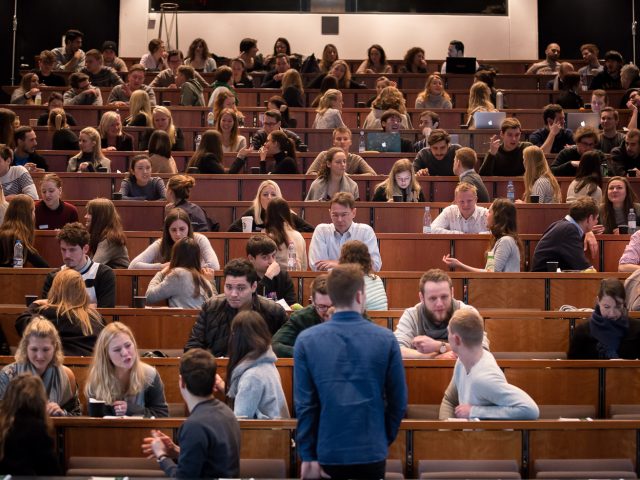
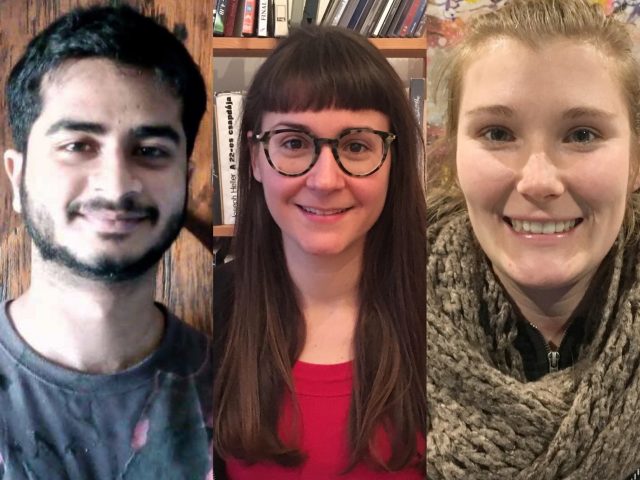

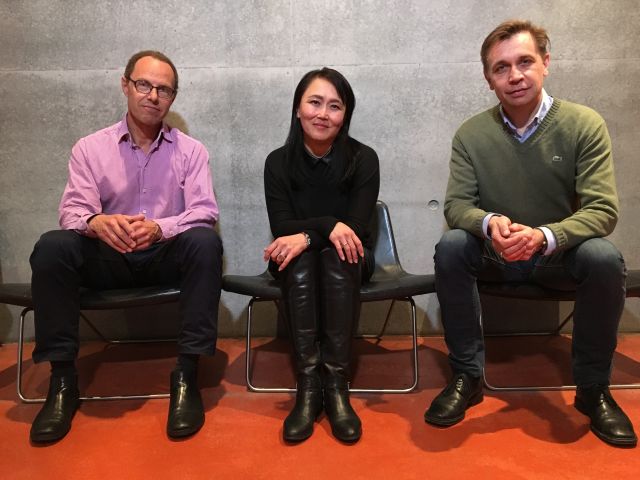

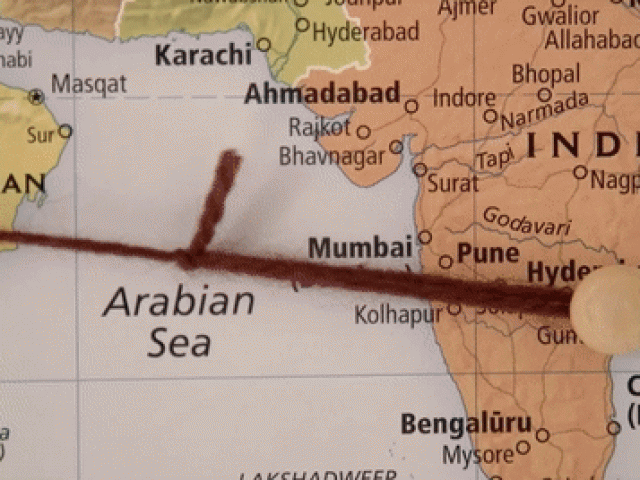
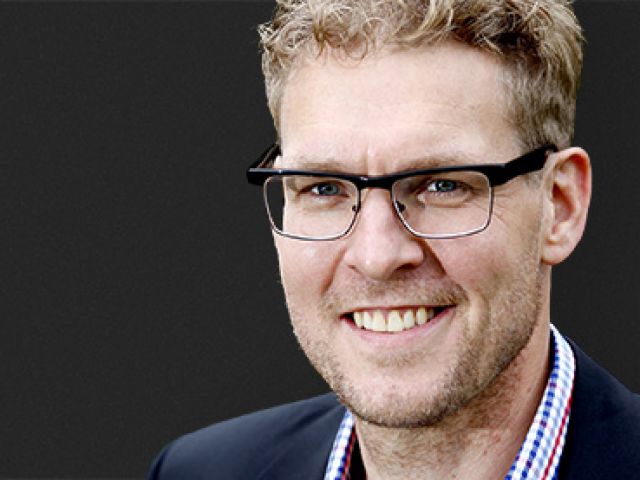





























































































































Comments